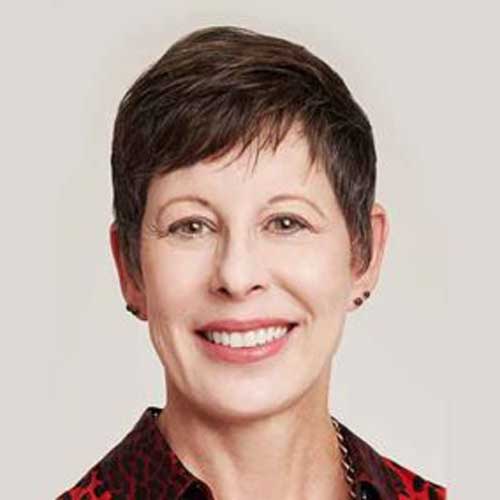We can review the thinking of primitive man and be amused at the evil and malevolent forces blamed for his misfortunes, or we can review the history of recent centuries and chuckle at the errors in the assignment of blame that resulted from lack of scientific knowledge, while we smugly assure ourselves that new scientific breakthroughs and logical reasoning now enables us to assign accurate causes for most of man’s problems. (Bowen, Murray. Family Therapy in Clinical Practice, Kindle edition, 419-420.)
In my 20+ years as a practicing family therapist, I’ve grown accustomed to clients telling me about their “narcissistic father,” “bipolar mother” or “Asperger’s brother.” This togetherness move invites my understanding and agreement with the difficulty of dealing with such a person. The labels are meant to be factual and descriptive. As therapy becomes more acceptable and accessible, people increasingly are aware of psychiatric terms, at least on a superficial level. While an official diagnosis sometimes has been made, family members often assign these labels based on Google searches or popular self-help books.
Clients regularly report that a previous therapist told them that their relative has this or that diagnosis based solely on the description they provide, without meeting the person.
The Diagnostic and Statistical Manual of Mental Disorders (DSM) was created in 1952 by the American Psychiatric Association so that mental health professionals in the United States could communicate using a common diagnostic language. (Roger K. Blashfield, Jared W. Keeley, Elizabeth H. Flanagan, and Shannon R. Miles. “The Cycle of Classification: DSM-I Through DSM-5.” Annual Review of Clinical Psychology, https://doi.org/10.1146/annurev-clinpsy-032813-153639)
This standardization helped to destigmatize patients. Today, people who might otherwise resist asking for help may do so to treat a known condition like depression or anxiety. Families can be more understanding of otherwise inexplicable and frustrating behaviors once their child has been diagnosed with ADHD or Asperger’s syndrome. (The diagnosis can also usher in a host of other problems. For those interested, research the Bowen theory concept, family projection process.)
The concern addressed here is the shift from the use to the misuse of psychiatric terms – the diagnosis paradox. On the one hand, I’m being told a person has a mental disorder, while on the other hand, I’m hearing that the person is kind of a jerk. (Problems with the DSM have been reported elsewhere.*)
Using the logic of DSM categorization, a mental disorder is a syndrome of associated features like an autoimmune illness, or a genetic abnormality presenting with various signs and symptoms. It’s considered virtuous to approach the sick with compassion and understanding.
When someone labels someone else “a narcissist,” they mean to insult and blame, often invoking the diagnosis as an excuse to avoid them. It is also a way to relieve oneself preemptively of any responsibility for relationship problems. After all, how can you be expected to deal with someone who’s bipolar? In general, it’s a conversation-ender.
After deciding that someone has one of the psychiatric conditions accounting for difficult personalities, it’s common practice to say the person is the disorder – (a narcissist, a borderline, “She’s OCD,” etc.) Other conditions with different connotations are framed more gently, for example, “He has autism.”
The diagnosis paradox is most egregious when psychiatrists and other professionals use their knowledge of the DSM to discredit public figures. Are they describing an illness or a character defect? Both? Should the listener feel compassion? Fear? Contempt? Does a mental health diagnosis make a person unfit for their job? If so, which diagnoses? For how long? It’s unclear and, unfortunately, extremely subjective. (See Family Systems Journal, 14.2, Book Review: The Dangerous Case of Donald Trump by Lorna Hecht-Zablow, MFT.)
I have begun telling clients that I don’t speak DSM because I can’t understand their thinking without the benefit of descriptions and examples in plain language. Removing the labels facilitates greater objectivity and consideration of the larger family system.
The truth is, I do speak DSM because that’s the language of medical billing and I don’t get paid without knowing it. Every client who uses their health benefits gets a diagnosis. Not the kind people use to insult each other, but a mental health diagnosis, nevertheless. This shouldn’t be required for people to access resources to take responsibility for their situation, but that is the diagnosis paradox.




0 Comments